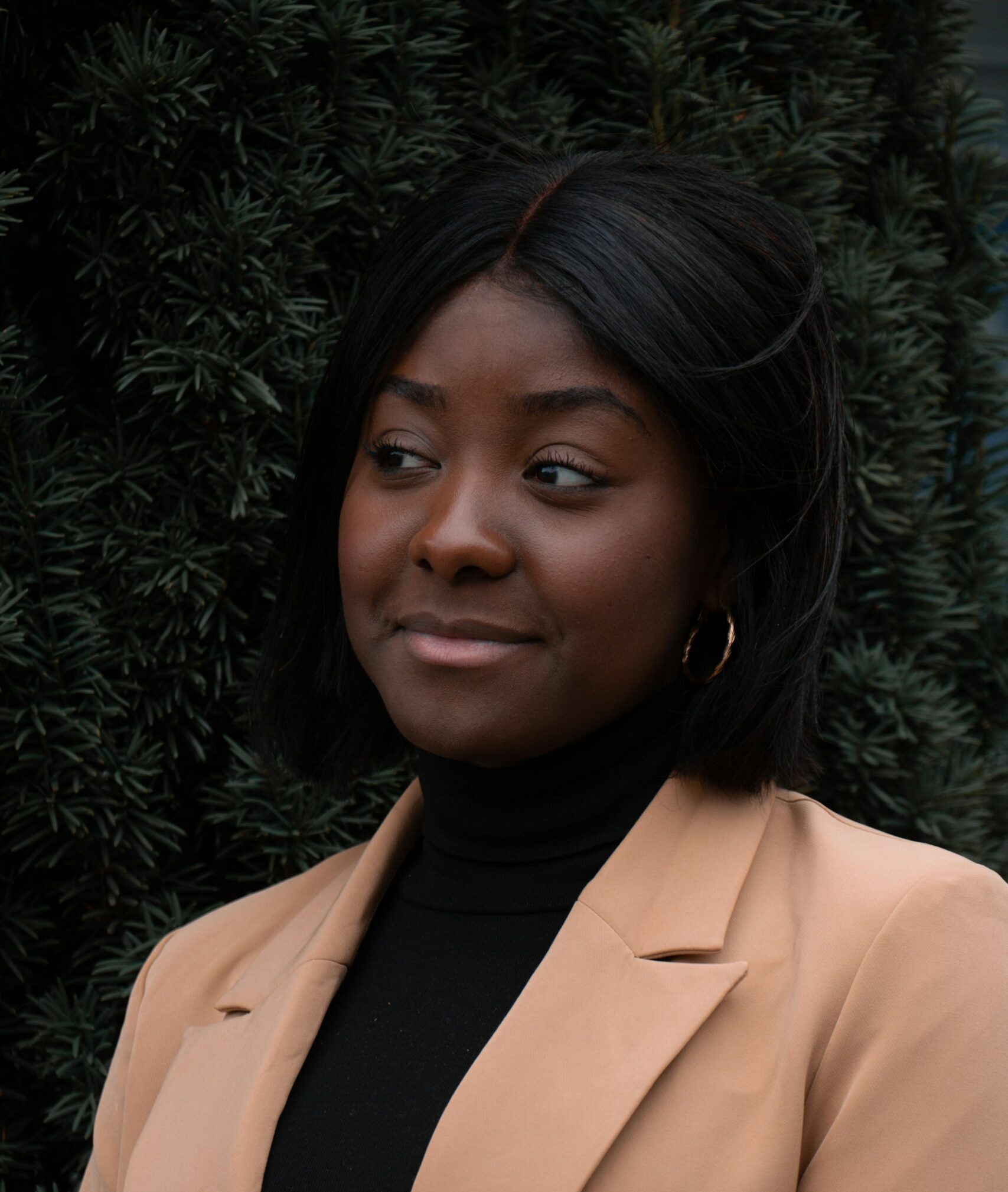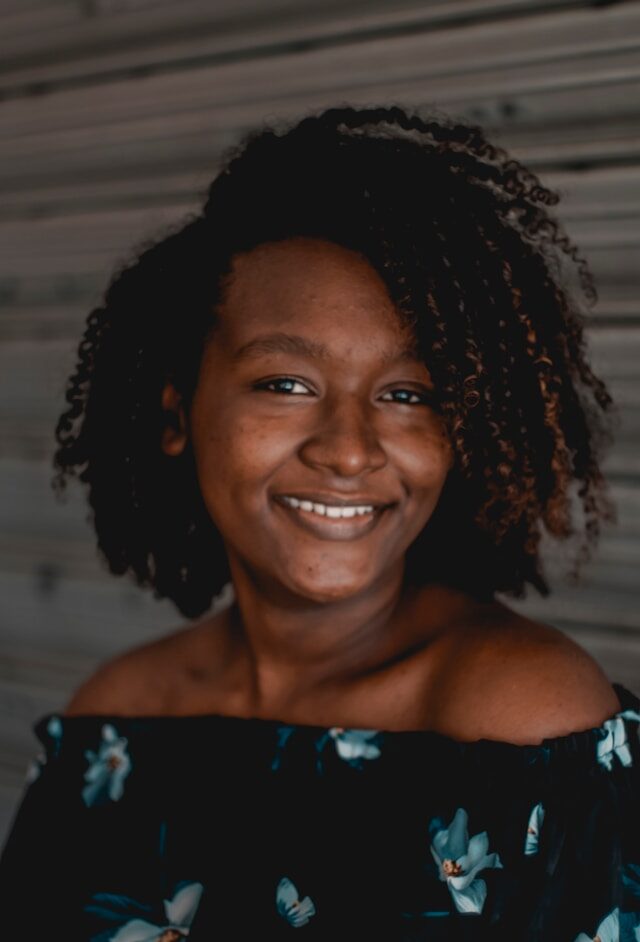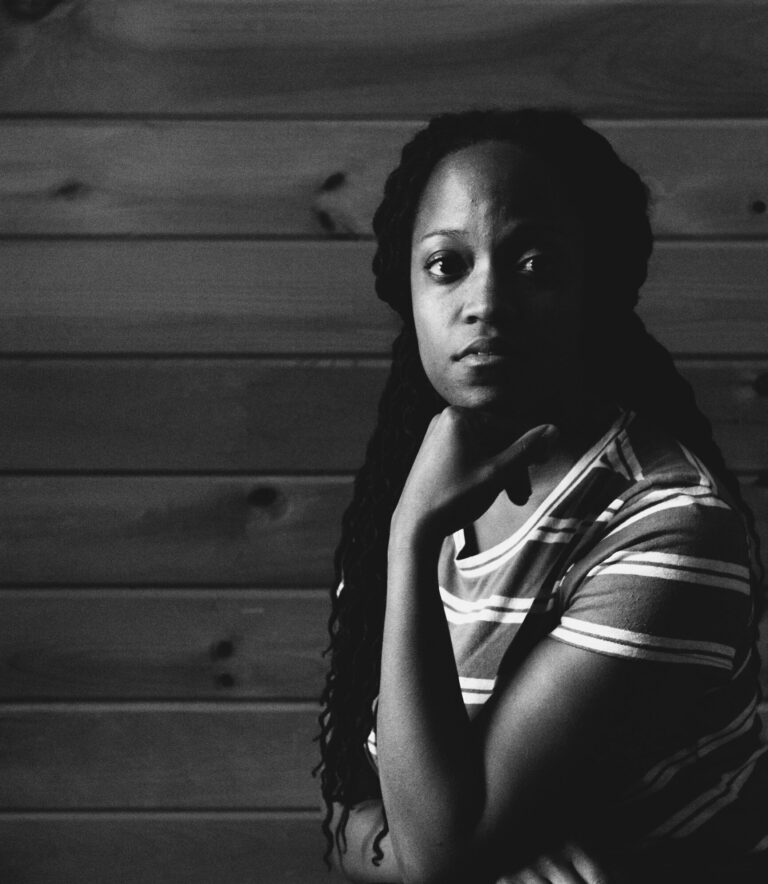4 insecurities I struggled with
First of, everyone has insecurities, no matter how confident they appear on the surface. They’re part of what makes us human.
For years, I grappled with my own insecurities, believing they defined me. But over time, I discovered that these struggles were not just obstacles, they were opportunities for growth.
Even now, as I navigate a career in the competitive media market, insecurities still comes in from time to time. I don’t experience 100% certainty about my life, some days are harder than others, but I’ve learned to recognize and manage these feelings rather than letting them control me.
We are in an era where social media stresses us to gain a lifestyle that can be unrealistic. We’re constantly bombarded with curated images that seem flawless and unattainable. It’s no surprise that insecurities about body image, confidence, and different other factors are more prevalent than ever.
In this article, I want to share some of the insecurities I’ve personally struggled with and what they’ve taught me. My next post will delve into practical advice and strategies I’ve used to overcome these feelings, from simple mindset shifts to actionable steps for building greater confidence.
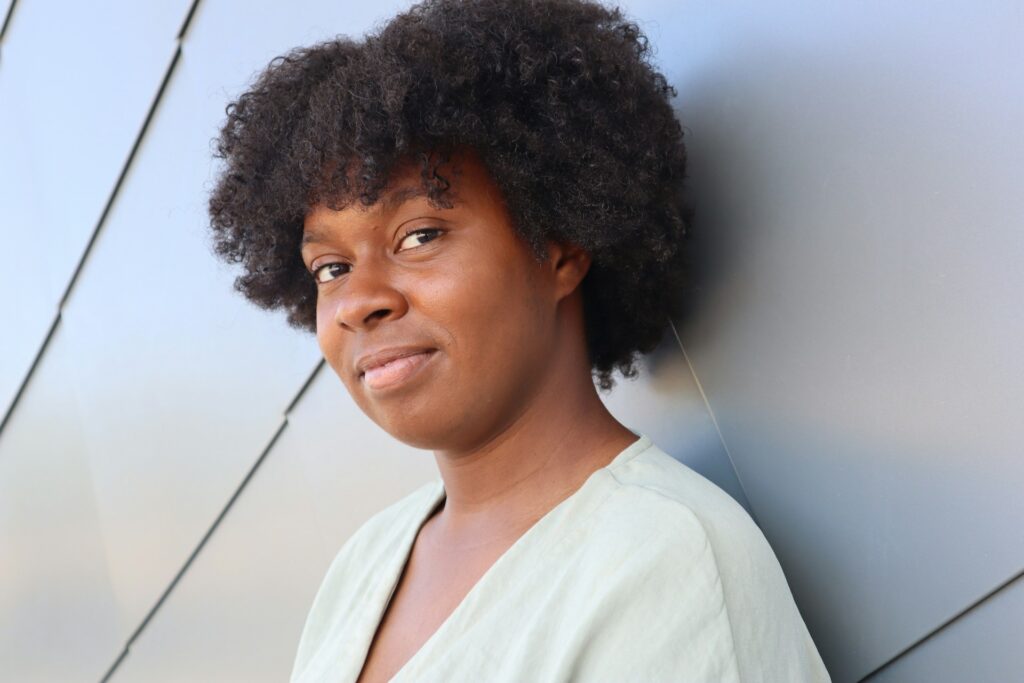
Not being able to speak for myself
For the longest time, I have battled with the inability to speak up for myself. It is a silent struggle that manifests most painfully when I am accused of something—whether justified or not. In those moments, I freeze. Words fail me, and my voice seems to disappear altogether. Instead of defending myself or clarifying the situation, I say nothing at all. I remain quiet, as though my silence could shield me from further harm.
But silence does not protect; it only isolates. After the accusations pass, I retreat into my private world, a place where no one sees me cry or understands my pain. I carry those unspoken words and unresolved conflicts like invisible wounds. Over time, those hurts accumulate, layering upon each other until they weigh so heavily that it feels impossible to breathe.
The irony is, by choosing not to speak, I believe I am avoiding conflict, but in reality, I am inviting a greater battle within myself.
One day, a friend, who is now my husband, noticed something and asked me some hard-hitting questions:
‘Can you speak up for your husband?’
‘Can you speak up for your children?’
Those words hit me like a ton of bricks. It suddenly clicked: If I couldn’t speak up for myself, how could I ever speak up for my family? The thought terrified me because it meant there was a very real chance my children could face the same struggles I had faced.
That realization stirred something in me, courage. I knew I had to change. I began researching, learning, and practicing how to express myself clearly, stand firmly by my words, and do it all with respect.”
I know I am not alone in this experience. Many people struggle with speaking up the introverts, weighed down by fears or habits. But I am learning that speaking for oneself is not about being confrontational or defensive; it is about honoring one’s own truth. It is about creating space for my voice to exist and my feelings to matter, and I owe that to myself.
Worrying About Others’ Opinions
Growing up, I constantly felt like I was under a spotlight—like everyone was watching me, silently judging my every move. I didn’t want to let anyone down, so I worked hard to please people. I tried to keep everyone happy, avoided anything that might upset them, and tiptoed around their expectations.
But as I grew older, reality hit me: people are too busy dealing with their own problems to constantly watch or judge me.
It’s natural—and even healthy—to care about the opinions of those who truly love us, like close family and friends. They often want what’s best for us. But when pleasing others becomes an obsession—when we lie, compromise our values, or pretend to be someone we’re not—that’s when the problem begins.
I’ve been there. I’ve created a false version of myself just to keep people around, people who genuinely cared for me. But in doing so, I betrayed my own integrity. And let me tell you—it’s exhausting and unfulfilling.
The truth is, you can’t make everyone happy, and you shouldn’t have to. The moment you start living authentically, without the weight of others’ expectations, you’ll realize that the right people will love you.
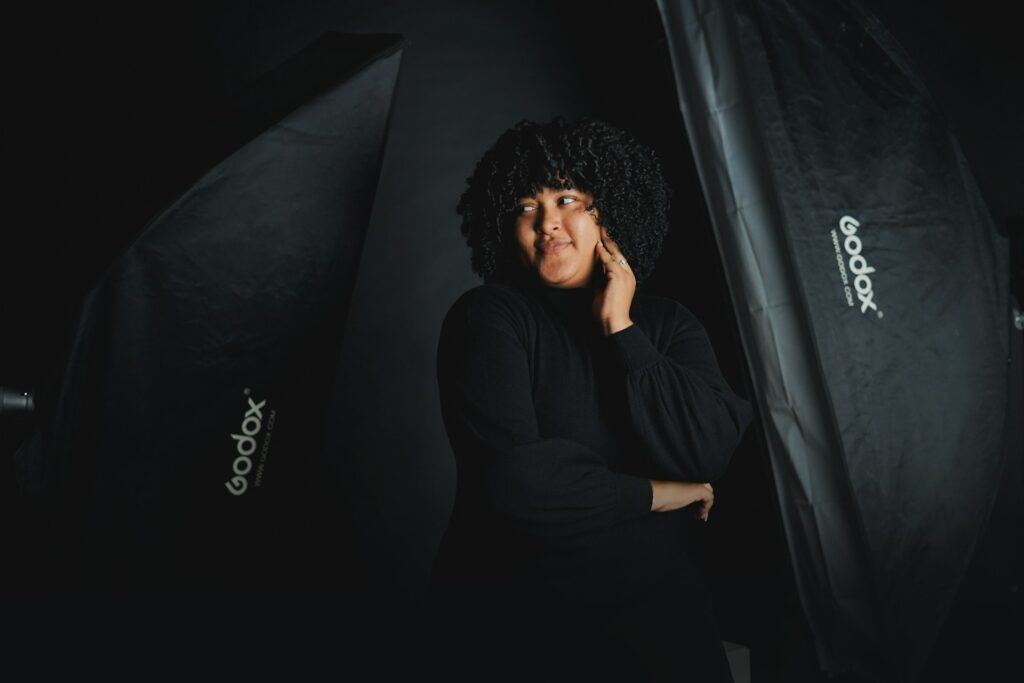
Age
As we age, we become more aware of societal pressures to look a certain way and conform to certain standards. This can lead to a lot of insecurity, especially when it comes to our appearance.
Another common insecurity I battled with, is the thought that we should look younger when we get older or feel older when we are younger.
Right from my teen age, I had a mature face and a larger body compared to my peers and that made me lie countless times about my age. Anyone I meet, including guys who want to be in a relationship with me, I fake my age, so that no one looks down on me. Although I mentally process thoughts better than my peers, I also assumed I should be older. I kept comparing myself to younger women and feel you are not equal.
Another common insecurity is feeling like we’re not attractive enough. It can be related to the need to look younger, but it can also be separate from that. We may compare ourselves to other women and feel we are not ranked highly in terms of our looks. We may feel that we are no longer as beautiful or slim as we used to be. We can worry about wrinkles, gray hair, and other signs of aging. We may even try products or procedures that promise to make us look younger.
Age-related insecurities are a problem that countless women face as they age. Try to focus on the things that are important to you and don’t get too hung up on what society says you should look like.
Intellectual ability
In my experience, I’ve found that many women doubt their ability to engage constructively in intellectual conversations. They fear that they won’t be able to contribute anything of value. This insecurity can also arise around romantic relationships as well as co-workers, friends, and family. Observing other people’s interactions can be a great way to learn how to incorporate different strategies into a conversation. Additionally, focusing more on your personal goals expands your intellectual abilities, builds more confidence, and adds depth to your growth. Another reason why intellectual ability becomes insecure is when you compare your IQ with others.
In our society, intelligence is often thought of as a fixed trait that cannot be changed, but this is not always the case. The dumbest people I knew back then are now smart. Sometimes when I subconsciously find myself in an academic environment, I start looking for people who are smarter than me. I compare myself to others who have the same intelligence or are smarter than me. And that has led me to feel inadequate, even though I am very smart.
Women feel insecure for many reasons, but they can overcome these feelings in many ways. No matter how embarrassed you feel, remember that everyone has their version of insecurity. Focus your efforts on overcoming yours, making room for your personal growth and development.
Conclusion
Women feel insecure for many reasons, but they can overcome these feelings in many ways. Regardless of your self-perception, remember that everyone has their version of insecurity. Focus your efforts on overcoming yourself and making room for your personal growth and development.
Overcoming these feelings takes a lot of effort to maintain a healthy mental state. Also, try to overcome them by limiting comparisons based on trends; speak positive words to yourself believing that you are not what people say you are. Anyone can choose to define you based on your past or mistakes, do not pay attention to it instead grow and learn and evolve. This is also http://what-i-did-to-overcome-insecurities/
What are some insecurities you’ve struggled with? Your story might inspire or help someone who needs to hear it.
